In a startling discovery, scientists warn that the stratosphere, one of the most remote and stable regions of Earth’s atmosphere, is now showing signs of human interference due to space exploration activities. These unexpected changes, experts caution, might have unforeseen consequences for the planet’s climate, the protective ozone layer, and ultimately, the sustainability of life on Earth.
Scientists, led by atmospheric veterans Dan Cziczo and Dan Murphy have unearthed alarming data. Using tools delicately hitched to their research planes, they’ve been probing the secrets of the sky, particularly the stratosphere, more than 11 miles above the Earth’s surface. This area was believed to be an untainted sanctuary. Instead, what they’ve found is alarming: a significant accumulation of metal particles, believed to originate from the debris of spacecraft and satellites that have been launched and re-entered Earth’s atmosphere.
“We are finding this human-made material in what we consider a pristine area of the atmosphere,” explains Cziczo, an expert in atmospheric sciences at Purdue’s College of Science, in a statement. “And if something is changing in the stratosphere — this stable region of the atmosphere — that deserves a closer look.”
The stratosphere is the second major layer of Earth’s atmosphere, just above the troposphere, and below the mesosphere. It’s most famous for housing the ozone layer, the crucial barrier that absorbs the Sun’s harmful ultraviolet rays, protecting life on our planet.

However, the tranquility of the stratosphere could be at risk. The research indicates that the metals found, such as lithium, aluminum, copper, and lead, are at concentrations significantly higher than those that naturally occur in cosmic dust.
One critical discovery is that nearly 10% of the large sulfuric acid particles, which contribute to the ozone layer’s stability, now contain these foreign metals. With up to 50,000 more satellites expected to be launched by 2030, the team projects that, in the coming decades, half of the stratospheric sulfuric acid particles could be contaminated with metallic debris. The long-term effects of this contamination remain unknown but potentially troubling.
The findings highlight a lesser-known side effect of the booming space industry. While the launch of a rocket such as the Falcon or Soyuz is a spectacle and a testament to human achievement, it also leaves a kind of “footprint” in the atmosphere. Just as boats leave a wake in the water, rockets launching and reentering Earth’s atmosphere deposit traces of metal, altering the atmospheric composition.
Understanding these changes and their implications is complex. “Changes to the atmosphere can be difficult to study and complex to understand,” Cziczo remarks. “But what this research shows us is that the impact of human occupation and human spaceflight on the planet may be significant — perhaps more significant than we have yet imagined.”
The study serves as a reminder and a wake-up call. As we continue to reach for the stars, we must also keep a close watch on how our adventures beyond Earth are impacting our planet’s vital atmospheric layers. The stratosphere may not be as untouchable as we once thought, and preserving its integrity is crucial for life as we know it.
The research is published in the Proceedings of the National Academy of Sciences.
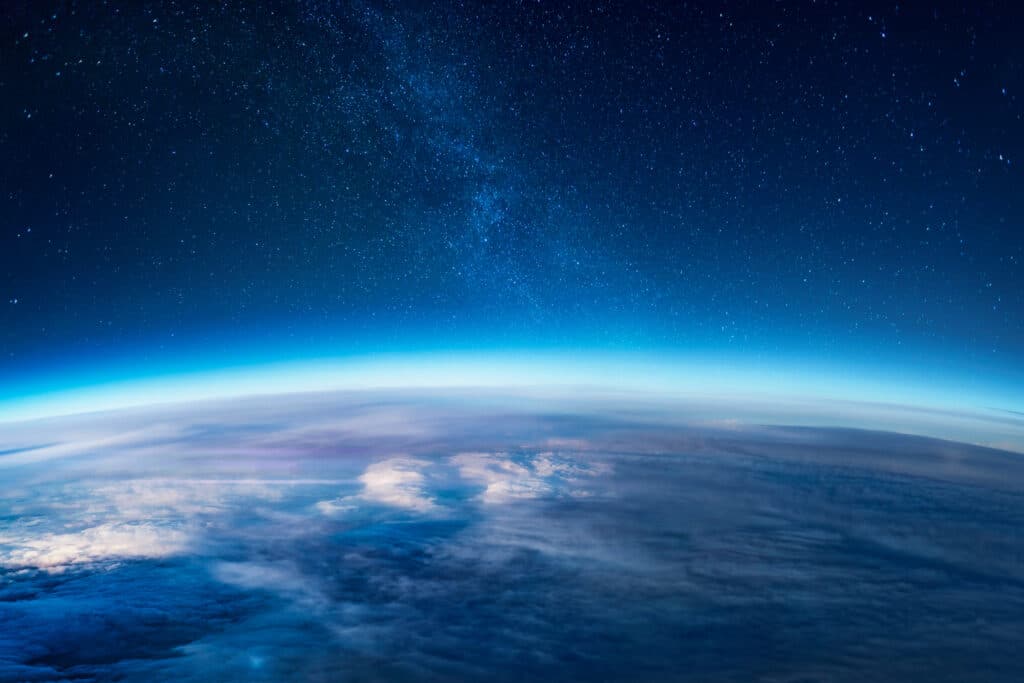
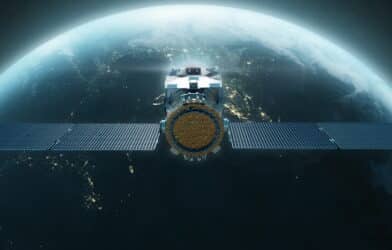
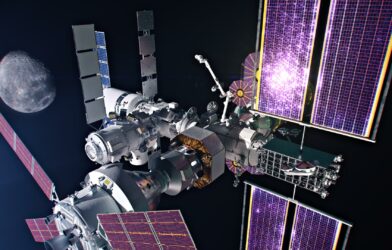
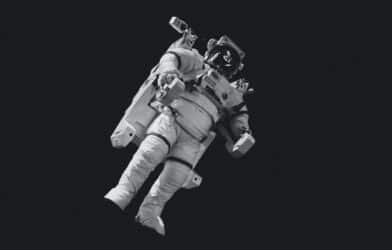
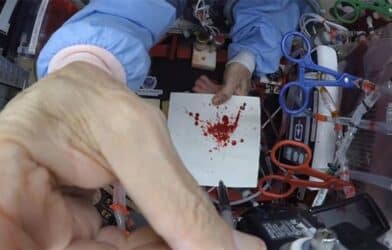
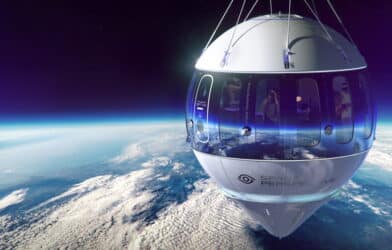
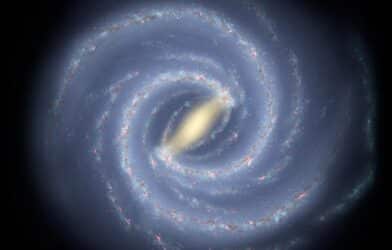
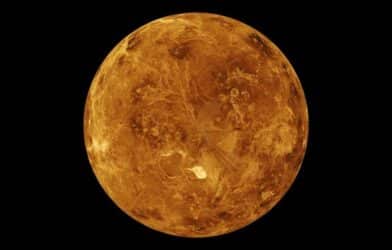
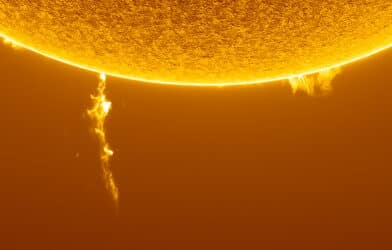
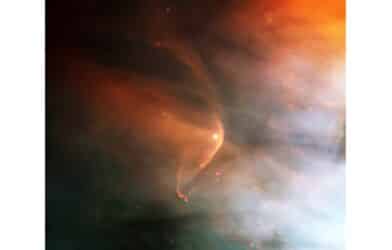
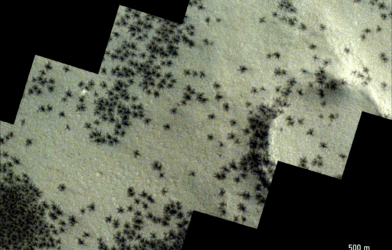

They are altering the atmosphere an stratosphere by spraying barium aluminum in the name of global warming. This is right an we didn’t vote on this. America needs to stop.